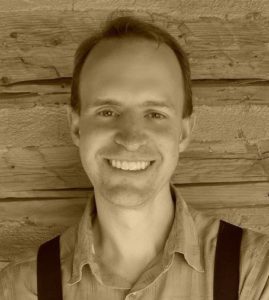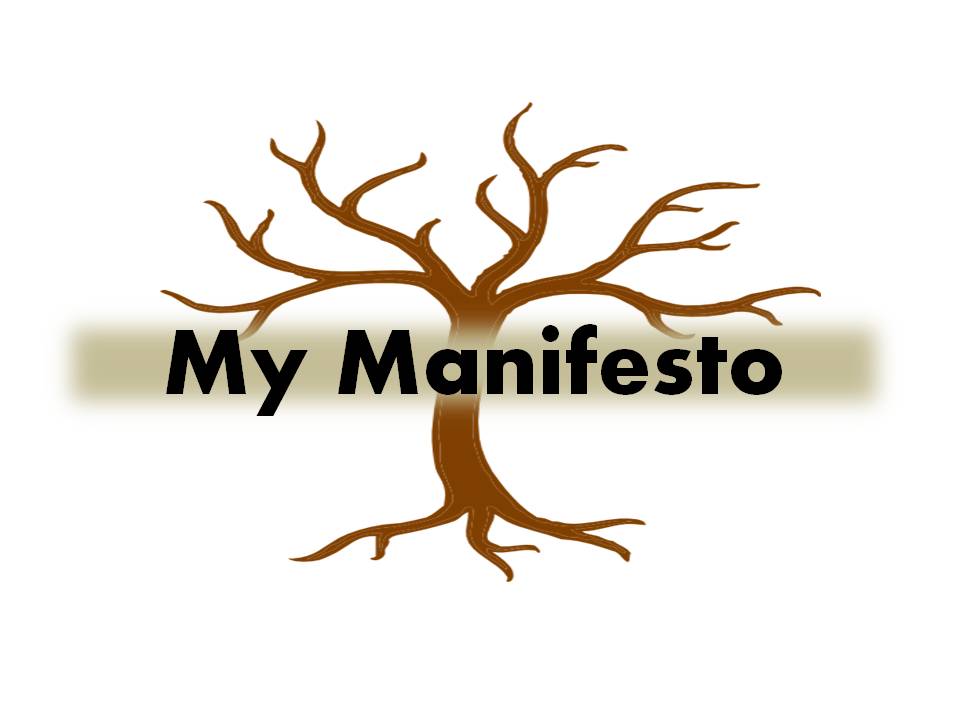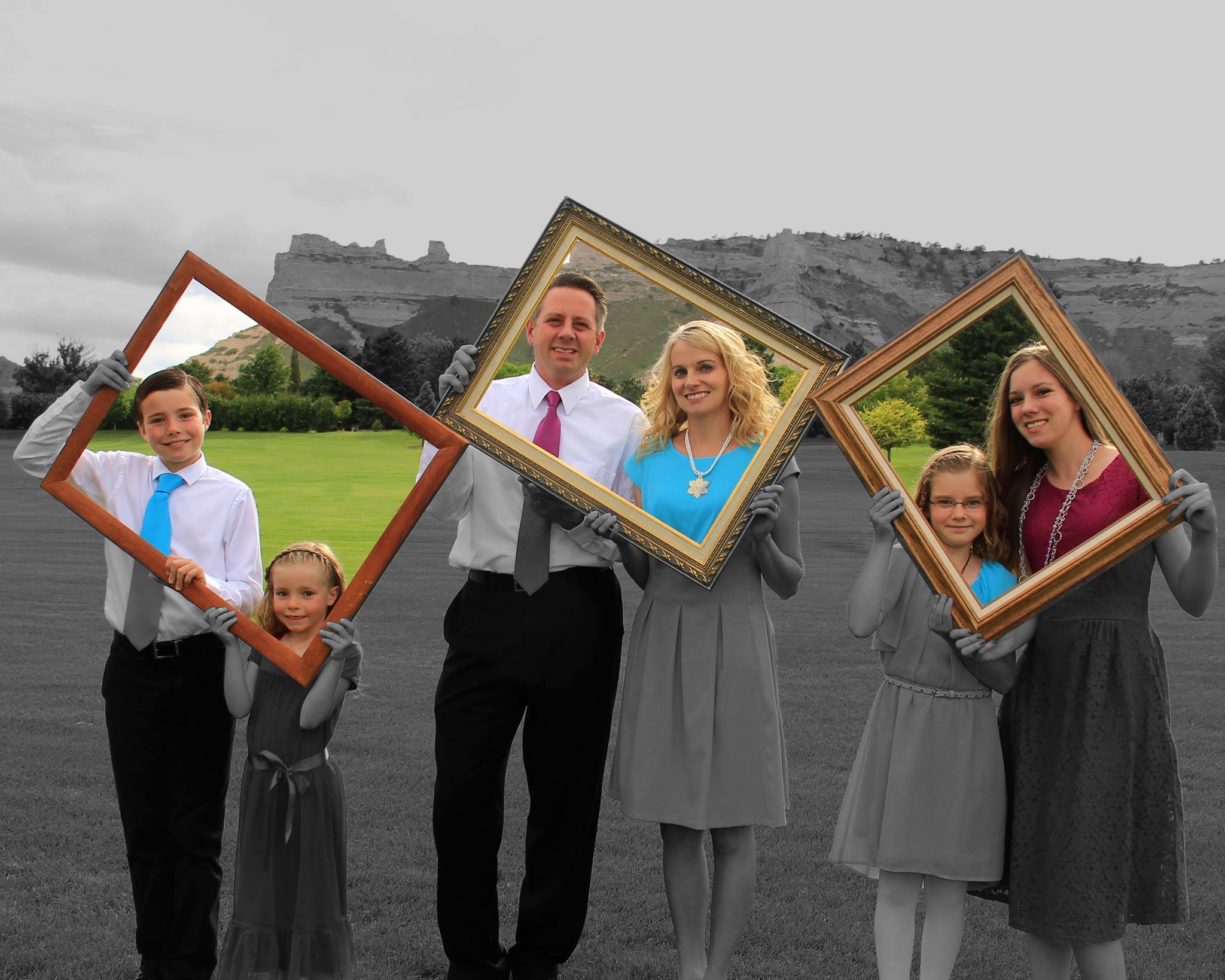Casting Stones
All growing up, I dreamed of serving an LDS mission. I don’t know why I wanted it so much. Perhaps because it was expected of me. Maybe it was the idea of going on an adventure in a foreign country, learning a foreign language or getting away from Mom and Dad for a couple years that was most appealing. I had a testimony and wanted to share it, but when the time came there was a tough choice to make between a prophet’s commandment and a pretty girl. I chose the girl.
This choice branded me in LDS culture. I was different. Being asked privately where I served a mission wasn’t too bad, but sometimes I was asked publicly and it led to awkward embarrassment. What was even worse is how I branded myself in my own mind: not quite as good as the men and women who had faithfully served. When a missionary in our ward returned home after only four months in the field, I welcomed him with a hug and a warm smile. I knew from experience what he would face in the coming years, not just from others but from himself. I knew how it felt to not belong, to have to explain myself everywhere I went, and to believe I was less qualified for callings and even spiritual experiences because of my non-missionary status. For me, this feeling of being “less than” persisted for more than a decade. I worried about how it would affect my kids. Would they choose not to serve because I hadn’t served? Had I led them astray by making a decision I couldn’t take back? Had I committed a sin I couldn’t repent of? Would the promises in my patriarchal blessing all be revoked because I’d failed in this essential area?
One day I was in a temple recommend interview with a counselor in the stake presidency. As we chatted before beginning the formal questions, he asked where I’d served and I told him I hadn’t. He said, “Good for you!” with such enthusiasm I thought he’d misheard me. I repeated that I hadn’t served a mission and he came back with the same response. He went on to tell me that many who don’t serve missions feel they don’t belong in the Church and stop participating. To him, this was a great tragedy. For the first time in my life I felt okay about not serving a mission. I felt accepted and seen. A single loving encounter ended a decade of self-punishment.
I wonder if very many LDS Church members recognize the kind of influence they wield over the friends, ward and family members with whom they associate. I wonder if we truly know how healing and beautiful love, including love for ourselves, can really be. In a strict religious culture it’s possible to get too caught up in rules and fail to see people. It happened to the Pharisees and it happens to us. We may categorize and subdivide: the converts vs. the members from birth, the stalwarts vs. the strugglers. On some level, though, we are all strugglers. We all fall short. When you see someone in church with a visible tattoo, who smells of cigarette smoke or who is going through a divorce, can you not only tolerate but celebrate their humanity, their experiences, and their differences? A single welcoming handshake, a single smile, or a single heartfelt word of kindness can change the course of someone’s life. You have no idea how much power you possess.
The Church needs to be an inclusive organization where all our welcomed, not just with words but with loving faces. Let them come in their blue jeans and leather jackets. Let them come with their questions and doubts. Christ invited everyone. Can you? It can’t be lip service. It can’t be a hesitant, conditional welcome. We are all broken. Some are just better than others at covering it. Human weakness needs to have a place in our culture and congregations; perhaps the most prominent place.
If I never hear the phrase “Love the sinner, hate the sin” again I will be quite content. The Church isn’t a place where sin is celebrated, but we can celebrate each other knowing we all sin. “I love you but I hate your ugly hair” isn’t something a kind and accepting person would say, so why do we take the time to point out sins as if to say we love people in spite of them? If you can’t love me and my flaws too then I don’t want your limited, crappy love. “I love you” should never be followed by “if”, “but”, or “except”.
Don’t you think I already know what’s wrong with me? Do I need your judgment and constant reminders of weaknesses I’ve spent a lifetime castigating myself for? If love is real it must include love for the shadow, the darkness we hide inside. We are all natural men and women who are loved perfectly by a God who commands us to love each other. Should our love be limited to loving only the good we see in our brothers and sisters, including those not of our faith or who have left the fold?
The next time someone tells you of their struggle with pornography or the word of wisdom, be ready to say, “Good for you! So many struggle with these same things and choose not to participate. I accept you as you are and love you more than you can imagine.” This act alone will do so much to stop the very sins we are afraid to condone. We cannot always see the pain that’s hidden in each quiet heart, but I guarantee there is a core of shame in everyone you meet. Love is the cure.
When you make a mistake, don’t pick up a proverbial whip and beat yourself with hurtful thoughts and accusations. “I’m so sorry you’re struggling. Mistakes aren’t fun. Your suffering is such a heavy burden to carry. I have so much compassion for you.” Try saying those words to yourself and others and see how different you feel. You are not approving sin but loving a child of God.
If love is the greatest commandment then surely failure to love is the greatest mistake. The moment right after you sin or hear about someone’s hidden shame is pregnant with opportunity. Will you cast a stone or will you trust Christ’s healing grace?
 Gerry Baird is a software project manager with an MBA from Utah State University. He is the author of several religious/inspirational books including his latest title, “Soulness: Six spiritual practices that will set you free”, and is currently pursuing a degree in mental health counseling from Grand Canyon University. His passions include piano, kayaking, yoga, meditation, religious studies, and offering a nonjudgmental listening ear to the beautiful people he meets in real life and through social media.
Gerry Baird is a software project manager with an MBA from Utah State University. He is the author of several religious/inspirational books including his latest title, “Soulness: Six spiritual practices that will set you free”, and is currently pursuing a degree in mental health counseling from Grand Canyon University. His passions include piano, kayaking, yoga, meditation, religious studies, and offering a nonjudgmental listening ear to the beautiful people he meets in real life and through social media.



